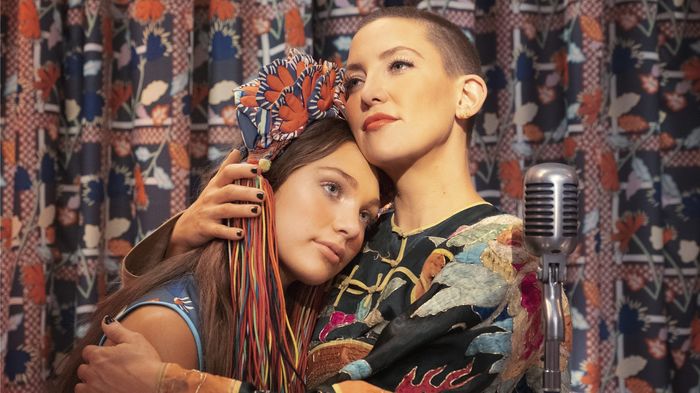On The Power of Accurate Screen Representations of Mental Health Issues
Rachael Kennedy recommends TV series which she feels have offered us powerfully authentic representations of mental health struggles on screen.
Content Note: This article contains detailed discussion of mental health issues and a brief mention of gun violence.
I have generalised anxiety disorder and OCD, which made for an interesting university experience. At that time I heard different names for these illnesses: I was a ‘stressy person’, ‘perfectionist’ and ‘the girl who didn’t write her essays’ (or, to myself, someone with something significant and terrifying to hide). When my OCD symptoms came to a head towards the end of my final year – at which point I found out that they were indeed symptoms of an illness and not some bizarre quirk – I took intermission for eight months.
I’ve since successfully completed my degree and graduated, happily, but the fear of a return of debilitating ill health still lurks at the back of my mind. A selection of television has helped a lot in alleviating some of this fear and I wanted to share them here to mark Mental Health Awareness Week. To state at the outset; I’m not a mental health worker and the following is based on my own personal experience. Please seek help from a professional if you think you need it.
. Girls (Amazon Prime, DVD). One of its characters suffered from OCD, and I thought that the show did a good job of portraying some realistic symptoms of a mental health condition which has sometimes been misconstrued. HBO went further by producing a YouTube video entitled ’HBO Doctor Commentaries – Girls’ to accompany the episodes of the series, in which the character experiences symptoms which disrupt her daily life.
. The West Wing (Amazon Prime, DVD), does a similarly helpful job. In the episode ‘Noël’, a main character who’s been shot is diagnosed with post-traumatic stress disorder; the character’s response to this is to say that ‘that doesn’t really sound like something they let you have if you work for the President [of the States]’.
This sequence speaks to my own experience fearing that the diagnosis of a mental health problem would prevent me doing what I wanted to do (for a significant portion of my time at university this was to graduate with a degree approximately representative of my abilities). I know now that, managed well, this isn’t the case for me nor for many people with mental health issues. This depiction in The West Wing is a useful reminder of that: in the show, the character suffering from PTSD recovers and retains his senior post in the White House.
. Big Mouth (Netflix UK), while a show primarily about puberty, it is helpful in its depiction and visualisation of depression, anxiety and OCD as they affect the characters, and of the way in which one type of medication works.
. Normal People (BBC iPlayer) dealt well with another type of treatment, this time seeking help from a college counsellor; the feeling of safety I felt when watching one of the main characters seek this help was similar to what I felt when visiting a member of university mental health staff before my intermission.
. Ratched (Netflix UK), is a darker programme featuring people with mental health problems — a highly-produced, fantastical ‘origin story’ to the novel/film One Flew Over the Cuckoo’s Nest. I wouldn’t recommend Ratched as late-night, pre-bedtime watching, but I found it interesting because it shined a light on the origins to some of the negative attitudes towards mental health problems I’ve encountered, including the belief that every illness looks and is experienced in the same way.
To finish, I wanted to share two videos I’ve found especially insightful in recent years:
· “end the stigma” (https://www.youtube.com/watch?v=kGysION6qAI)
· What OCD Is Like (for Me) (https://www.youtube.com/watch?v=jNEUz9v5RYo)
...and to reiterate the fact that, in many, many cases, recovery from mental illness is possible.
 Comment / Plastic pubs: the problem with Cambridge alehouses 5 January 2026
Comment / Plastic pubs: the problem with Cambridge alehouses 5 January 2026 News / Cambridge academics stand out in King’s 2026 Honours List2 January 2026
News / Cambridge academics stand out in King’s 2026 Honours List2 January 2026 News / Cambridge businesses concerned infrastructure delays will hurt growth5 January 2026
News / Cambridge businesses concerned infrastructure delays will hurt growth5 January 2026 News / AstraZeneca sues for £32 million over faulty construction at Cambridge Campus31 December 2025
News / AstraZeneca sues for £32 million over faulty construction at Cambridge Campus31 December 2025 Interviews / You don’t need to peak at Cambridge, says Robin Harding31 December 2025
Interviews / You don’t need to peak at Cambridge, says Robin Harding31 December 2025










